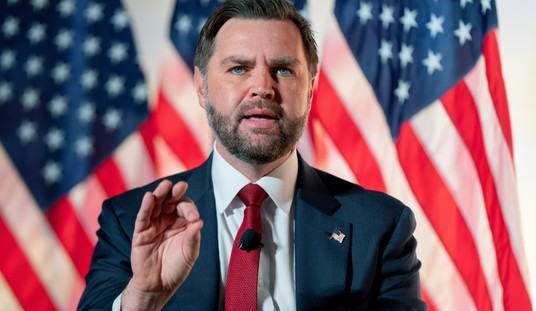Well, this must be a new and strange feeling for them.
Congress finally remembered that they are part of the three branches of government and exerted their authority to deliver the first veto override of President Obama, in his entire, misguided, wholly corrupt administration.
So what finally did it for them?
Obama’s veto of legislation that would allow the families of victims of terrorist attacks to sue the nations that harbor those terrorists was the impetus for this sudden surge of testosterone.
The House easily cleared the two-thirds threshold to push back against the veto. The final tally was 348-77, with 18 Republicans and 59 Democrats voting no.
The Senate voted 97-1 in favor of the override earlier in the day, with only Minority Leader Harry Reid (D-Nev.) voting to sustain the president’s veto.
“We can no longer allow those who injure and kill Americans to hide behind legal loopholes denying justice to the victims of terror,” said House Judiciary Committee Chairman Bob Goodlatte (R-Va.).
Of course, there is pushback, with Obama mouthpiece, Josh Earnest, calling the move “embarrassing.”
We all wait with bated breath to see which lawmaker will be the first to add “racist” to the mix.
This was, however, a bipartisan effort, and seen as a victory for 9/11 families.
The so-called Justice Against Sponsors of Terrorism (JASTA) would amend current law to allow victims of terrorist attacks on U.S. soil to sue countries that are not formally designated as sponsors of terrorism — like Saudi Arabia.
Written primarily at the behest of 9/11 victims’ families, the bill comes as a response to lingering suspicion that the Saudi government was somehow involved in the attacks.
Fifteen of the 19 hijackers in the Sept. 11 attacks were Saudi citizens, and there have long been rumors about ties between al-Qaeda and the government in Riyadh.
The 9/11 Commission report suggests that there’s no apparent link between Saudi Arabia and the attacks, other than the origin of those 15 attackers.
Critics warn that JASTA will undermine longstanding principles of sovereign immunity that protect U.S. government and officials without improving the U.S.’s ability to respond to terrorist attacks.
“Other countries could attempt to use JASTA to justify the creation of similar exceptions to immunity targeted against U.S policies and activities they oppose,” Obama wrote in a Tuesday letter to McConnell and Reid.
“The consequences of JASTA could be devastating to the Department of Defense and its service members — and there is no doubt that the consequences could be equally significant for our foreign affairs and intelligence communities.”
For its part, Saudi Arabia has threatened to sell off American assets to avoid having them frozen by court rulings.
“This law was really finely drawn. It applies specifically to state involvement in a terrorist attack. This is really a slight change to the way the law is now,” Rep. Pete King (R-Texas), who introduced the bill in the House, told The Hill Tuesday.
The legislation also includes a safeguard: It allows the Justice and State departments to put a stay on any litigation by certifying to a judge that the United States is “engaged in good-faith discussions with the foreign-state defendant concerning the resolution of claims against the foreign state.”
Any long term repercussions remain to be seen, but for now, it’s a flexing of a political muscle that is long overdue.













Join the conversation as a VIP Member